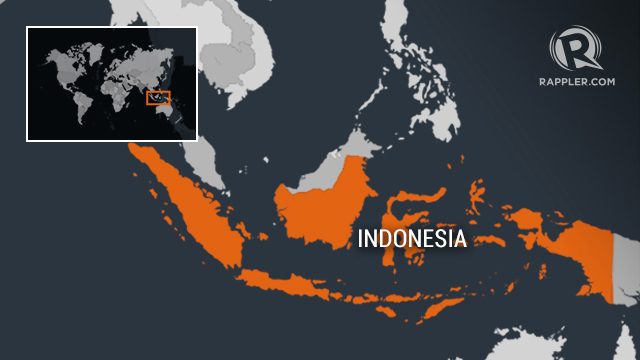SUMMARY
This is AI generated summarization, which may have errors. For context, always refer to the full article.

BRONDONG, Indonesia – Indonesian authorities have excavated a cemetery to try to recover the remains of Dutch and British sailors which were illegally removed from World War II shipwrecks.
Local officials, witnessed by representatives from the foreign affairs ministry and the Dutch embassy, dug up a cemetery at Brondong in East Java last week to search for the remains, which were dumped there after being taken from the shipwrecks.
Workmen earlier admitted they had been hired to salvage scrap from the wrecks of Dutch and British warships sunk during the 1942 Battle of the Java Sea.
“Before they cut up (one of the ships), they cleaned it up and found human remains inside,” the chief of Brondong sub-district Sariono told AFP Tuesday.
The workers told officials they had buried some of the bones in the cemetery and threw the smaller pieces into the ocean.
“Based on their report, we dug up the cemetery on Thursday and found some bones, only enough to fill a small box,” Sariono added.
More than 900 Dutch and 250 Indo-Dutch sailors died during the Battle of the Java Sea, in which the Allied navies suffered a disastrous defeat by the Imperial Japanese Navy.
The discovery in 2016 that the shipwrecks had been targeted for scrap shocked the Dutch and British governments, who urged Indonesia to investigate the issue.
Jakarta initially refused to take the blame for the missing ships, saying it had not been asked to protect the wrecks and therefore was not responsible for them. But it later agreed to help with the Dutch investigation.
Salvaging operations are rife throughout Indonesia, varying from large commercial operations using cranes and platforms to smaller ventures shipping scrap to dealers along Indonesia’s thousands of kilometres of coastline.
Sariono said the workers had not known the wreck was a warship or that the remains were those of WWII sailors.
The bones are now being kept in the port office for further investigation.
Naval warships and war graves are protected under international law that makes the desecration of such shipwrecks illegal. – Rappler.com
Add a comment
How does this make you feel?
There are no comments yet. Add your comment to start the conversation.